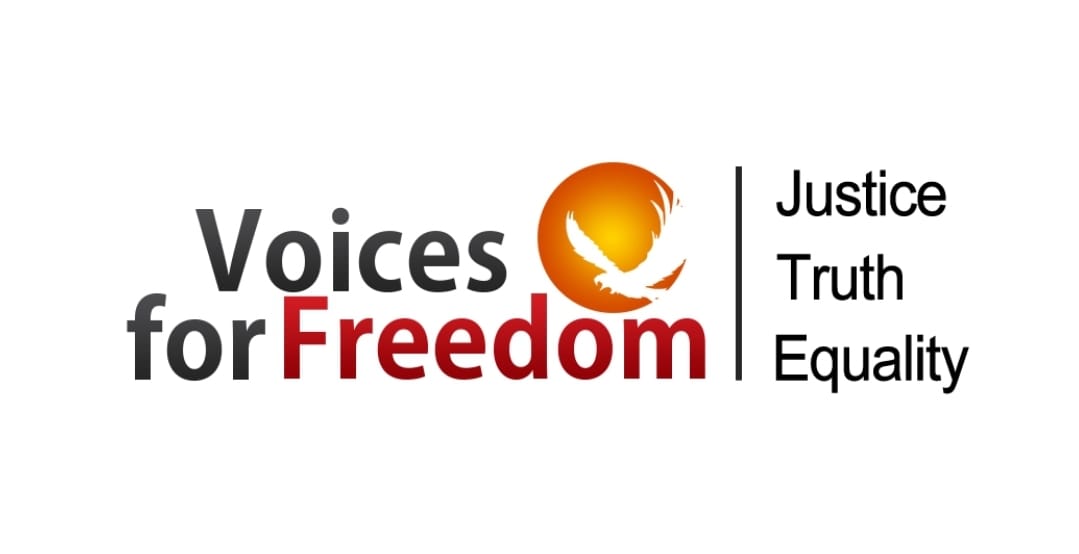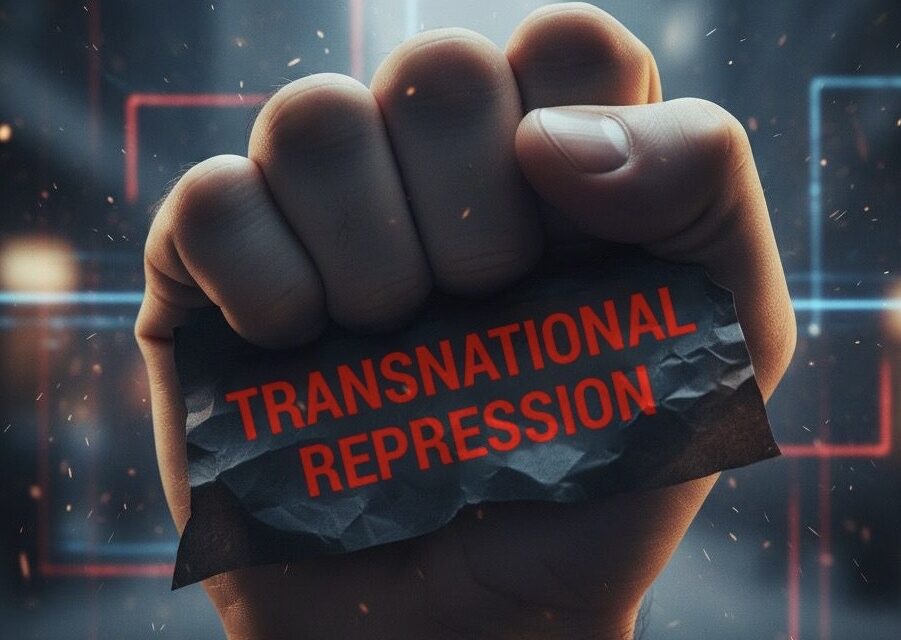In a move that sends a chilling message to one of California’s most vibrant and politically active communities, Governor Gavin Newsom late Monday vetoed a key piece of legislation aimed at protecting residents from foreign government intimidation. The veto of the transnational repression bill, SB 509, has been met with anguish by members of the Sikh community across the state, who relied on the measure to safeguard their religious and political freedoms.
The legislation would have mandated specialized training for local law enforcement, equipping them to identify and respond effectively to threats, surveillance, and coercion tactics employed by hostile foreign governments on California soil. For the Sikh community a population that has long faced a credible, persistent threat of repression from overseas actors, this bill was not merely symbolic; it was an essential tool for survival and free expression.
A Critical Shield Denied
California is home to hundreds of thousands of Sikhs, particularly concentrated in the Central Valley, where residents are intimately aware of the danger posed by state-sponsored agents. Advocates supporting the bill have highlighted the need to shield their families, Gurdwaras, and community leaders from foreign interference, especially in light of the 1984 Sikh Genocide and ongoing efforts to stifle dissent.
The veto effectively strips a crucial layer of state protection, leaving local police forces ill-equipped to handle complex cases of transnational harassment, digital surveillance, and threats of violence. For a community whose history is marked by struggle for recognition and autonomy, the state government’s refusal to codify a clear defense against foreign tyranny feels like a profound abandonment.
Bureaucracy Over Basic Liberty
In his veto letter, Governor Newsom acknowledged the bill’s intent but argued that the issue “is best addressed through administrative action in coordination with federal agencies.” He claimed that codifying definitions in state law would “remove the state’s flexibility” and create inconsistencies, particularly since no unified federal definition of transnational repression exists.
This rationale is viewed by community leaders as an excuse for inaction. Voices For Freedom believes that deferring the protection of fundamental rights to vague, slow-moving administrative processes is an unacceptable abdication of state responsibility. When the safety of California residents is at stake—when their right to criticize a foreign regime without fear of reprisal is compromised—flexibility should be secondary to immediate, codified protection.
Newsom pointed to a “Transnational Repression Awareness class” being developed by the California Office of Emergency Services (Cal OES) as an alternative. However, the program is currently listed as “coming soon,” a weak promise that offers little comfort to those facing imminent danger today. The governor’s choice prioritizes bureaucratic tidiness over the basic security and liberty of citizens and residents who are being actively targeted.
The veto signals that the fight for freedom from foreign intimidation must now shift back to the grassroots. The Sikh community and advocates for human rights will be forced to continue their tireless work, demanding that their government provide the protection they were promised and deserve.





